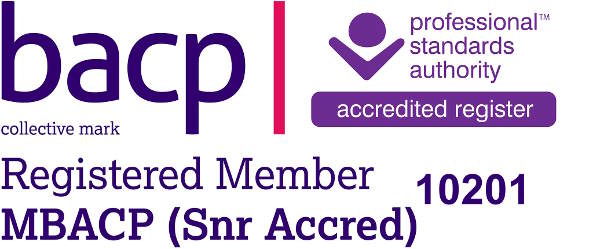Stress Counselling
Stress is a normal part of life. We all experience stressors. Our usual stress response is to activate an ancient part of our brain and nervous system which gives us activation strength and power to cope with the threat.
Some stressors we expect - like interviews, exams, Christmas, a wedding, a deadline at work or a hospital visit. Some stressors we don’t see coming - like accidents and sudden adverse health episodes.
A certain amount of stress is normal. It can be motivating. It can help us for example prepare for an interview.
If stressors are long-standing or simply too many at one go they can overwhelm our nervous system and affect our coping skills. Chronic stress can affect our physical health like increasing blood pressure and can be linked to digestive problems and skin conditions.
Some people say stress is like stones in a rucksack. We can manage some weight but as more and more stones get added no matter how strong and stable we are it will take its toll and at some point will topple us.
Sometimes people just try harder to hold the weight. This doesn’t really work well.
Stress is a formula. It has been described that the downward force (pressure) is more than the upward force (our energy resilience and coping).
Others say imagine we were a ship built to keep out water - with the sea being stress. We can manage to keep going if some stress gets through our defences and floods a compartment. We can still float because we still have buoyant compartments. Like we can have stress at work but if our home life is supportive or we get a sense of well-being from other things then we can remain floating.
If several compartments flood at one time it can feel like a perfect storm and it all feels too much. Drowning and feeling overwhelmed are signs our stressors are too much or for too long. Sometimes in therapy we work to problem solve the stress - sometimes we can take some stones out of the rucksack. Sometimes it feels out of our control. With this we may experience anxiety or depression.
Therapy can help identify stressors and find other ways of coping. This might be problem solving or work to calm an over activated stress response.
Please also see pages on anxiety and workplace wellness.
Take the Test
Click to download the GAD7 Stress and Anxiety Test (Microsoft Word, 12kb)


